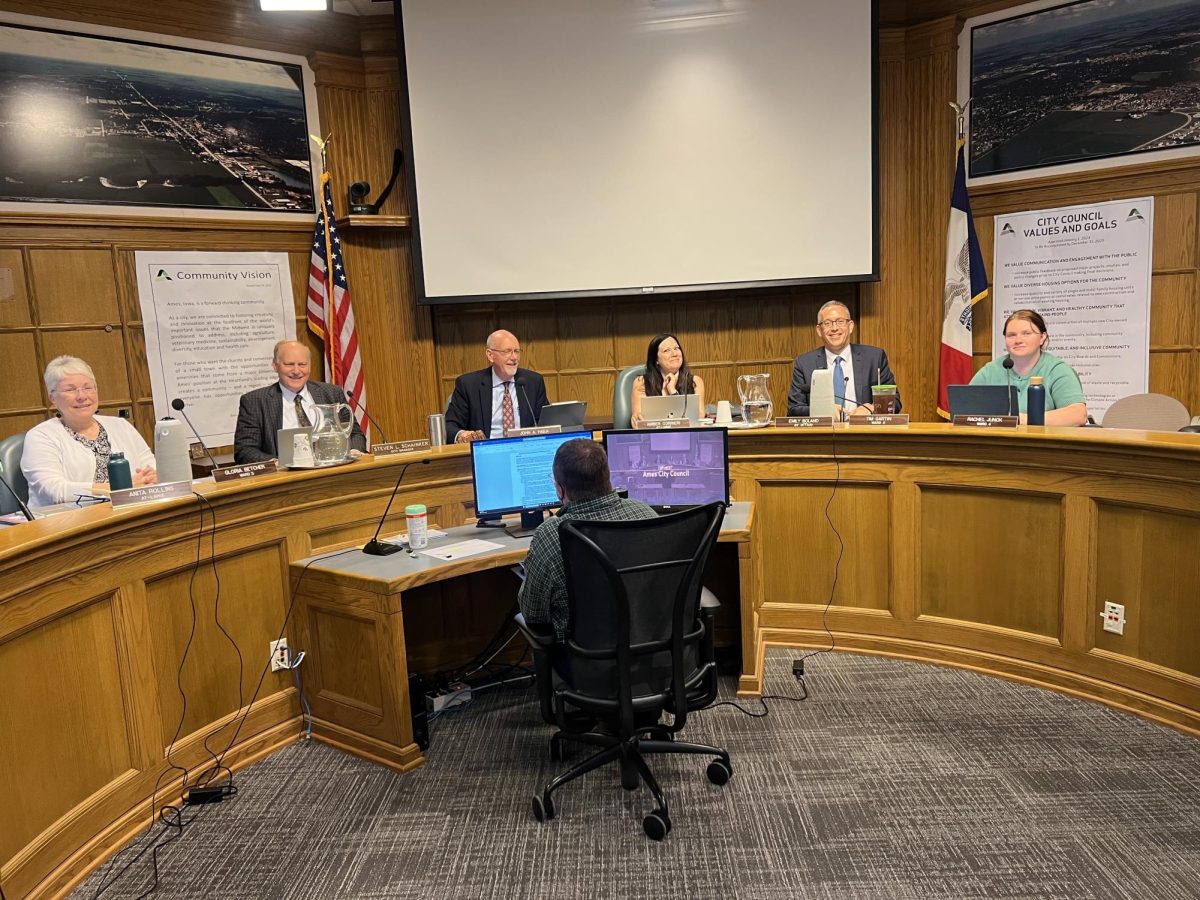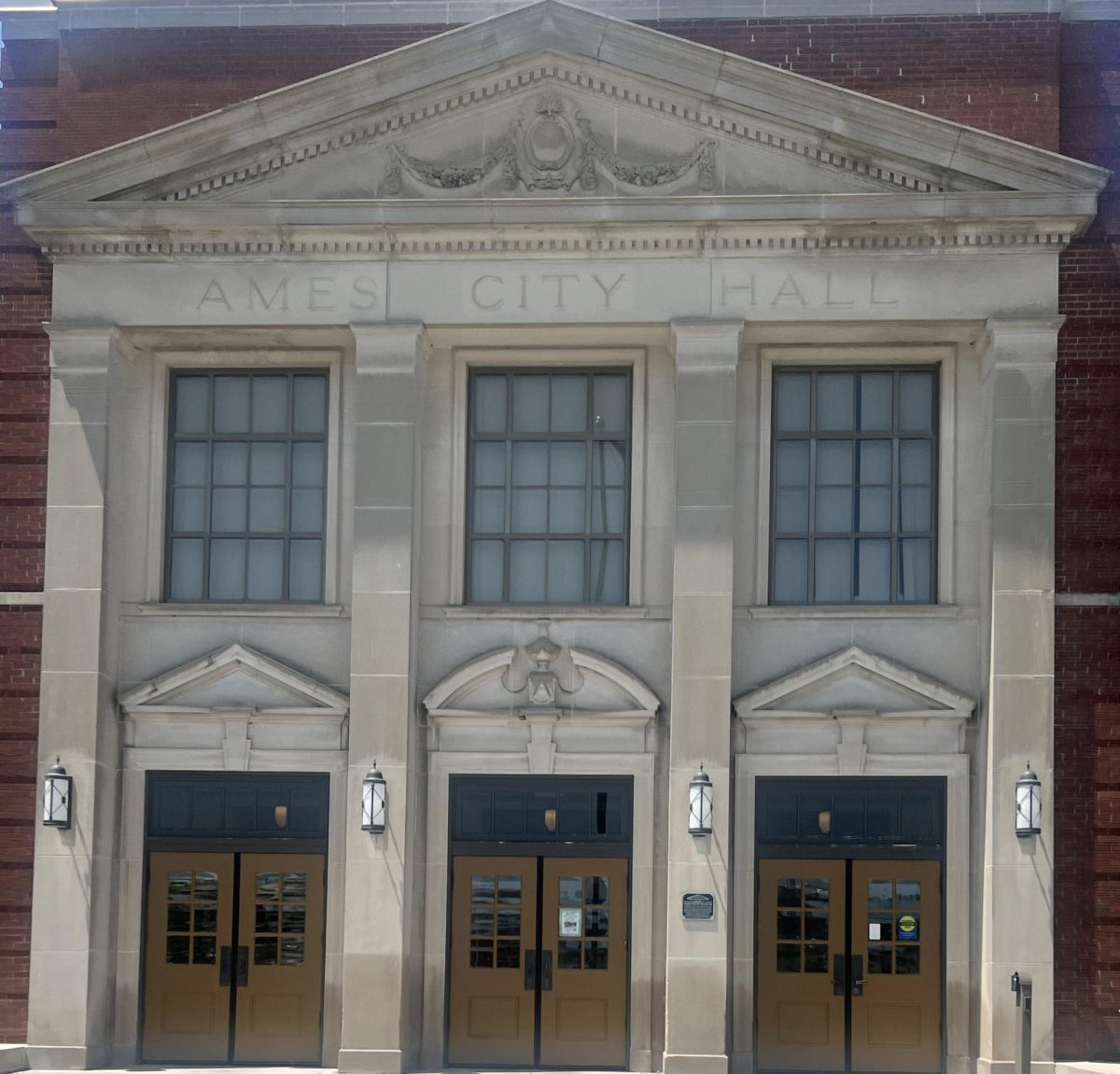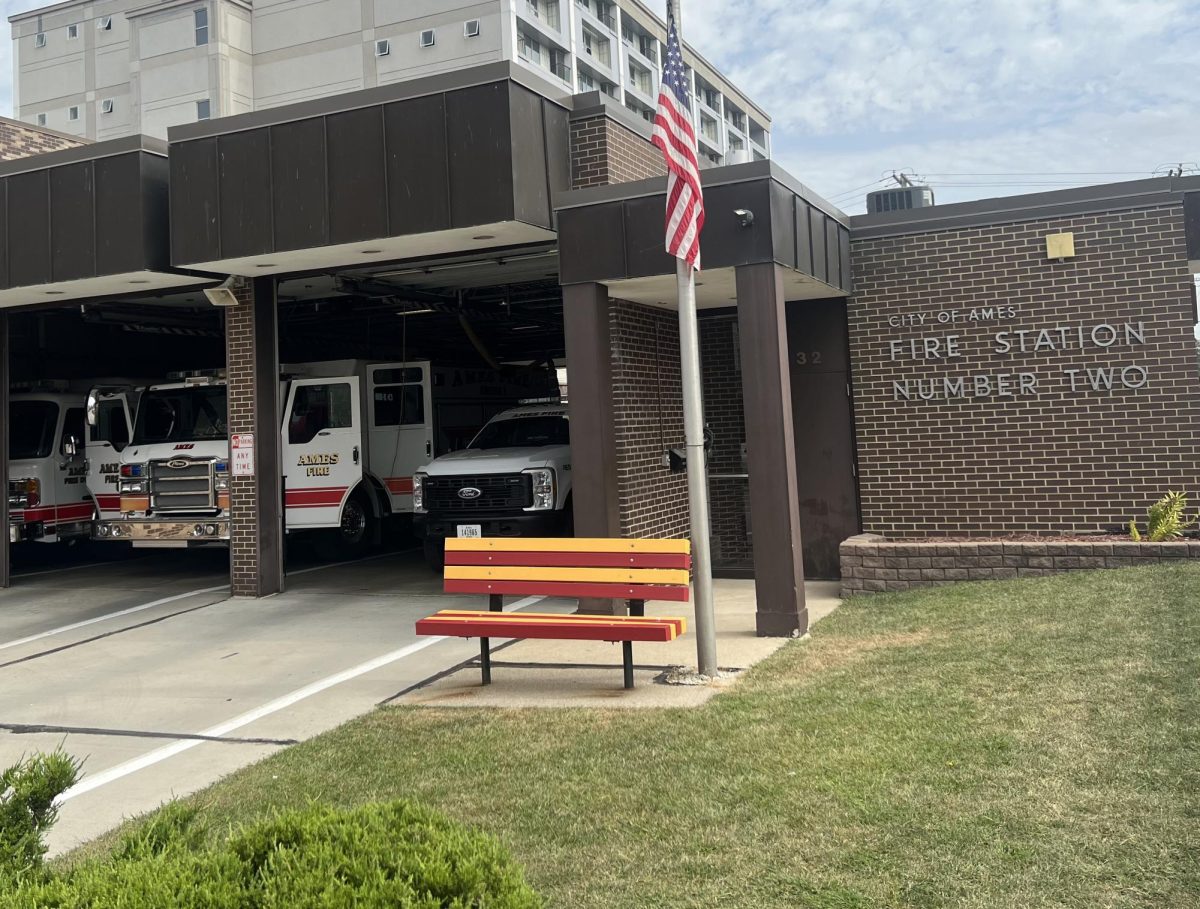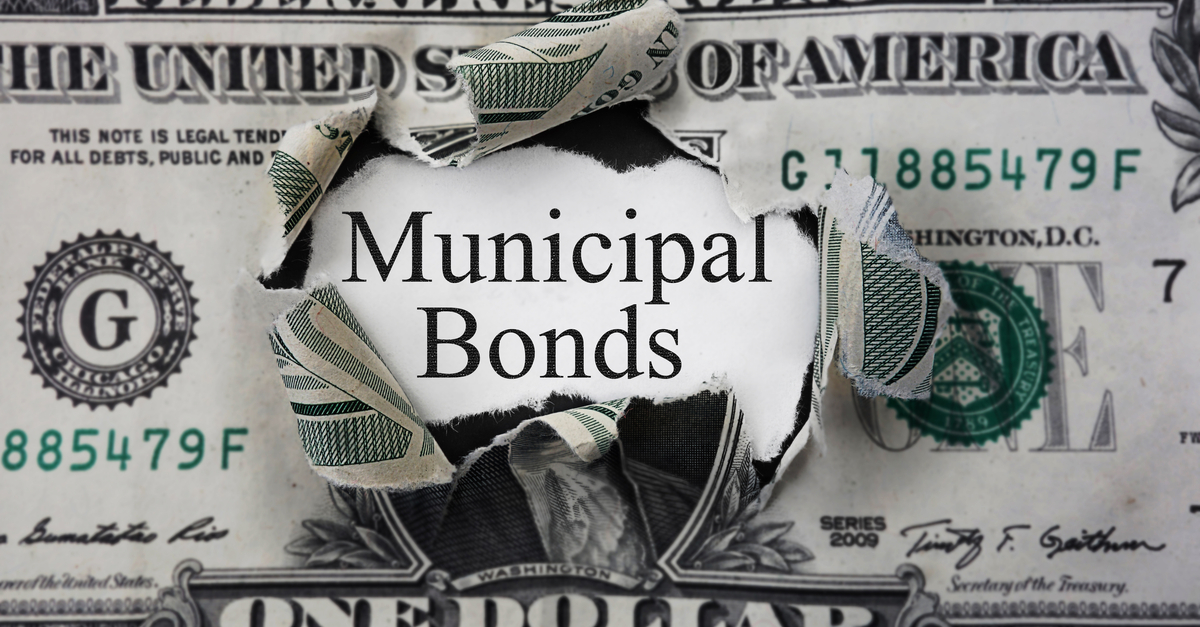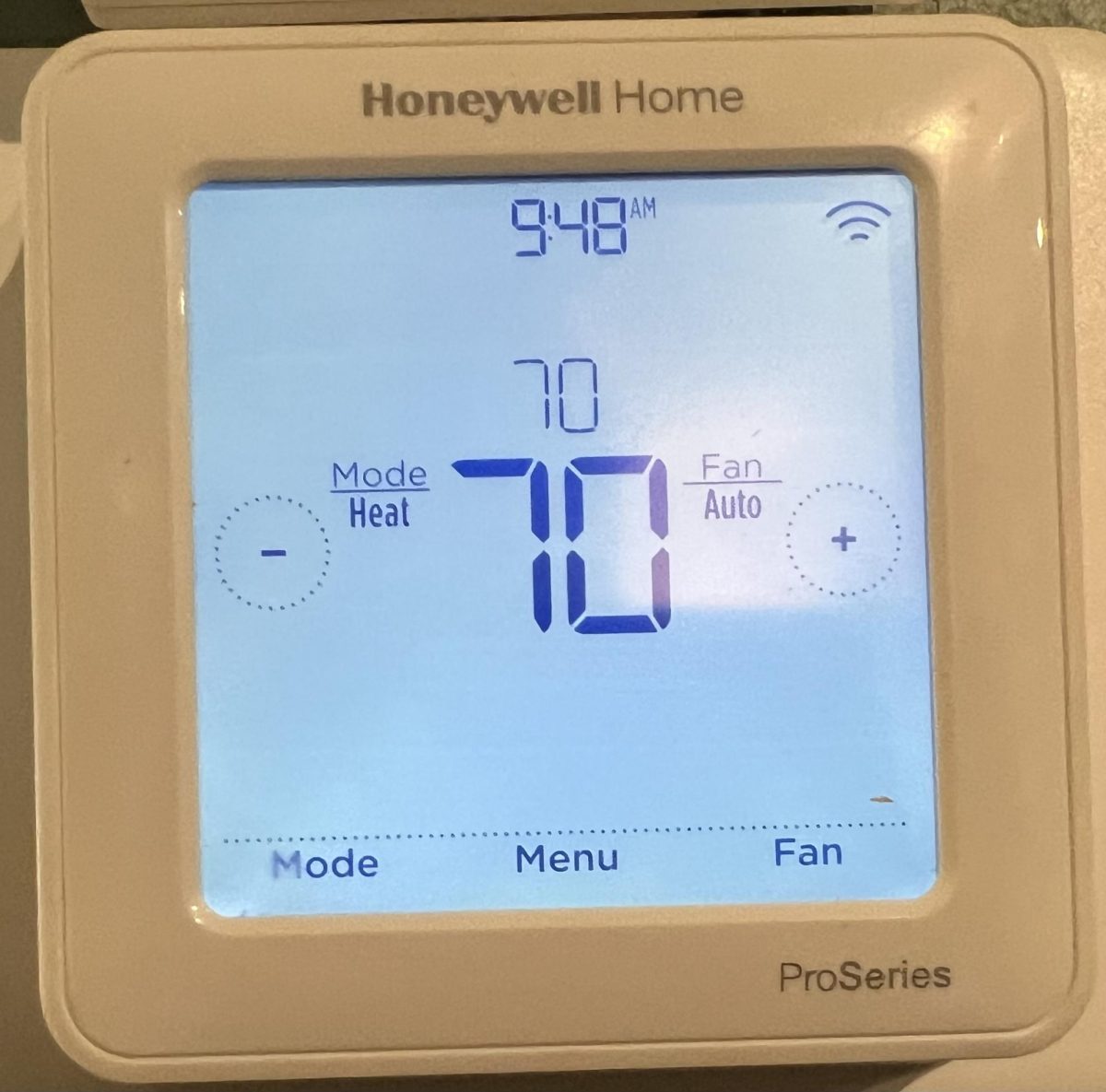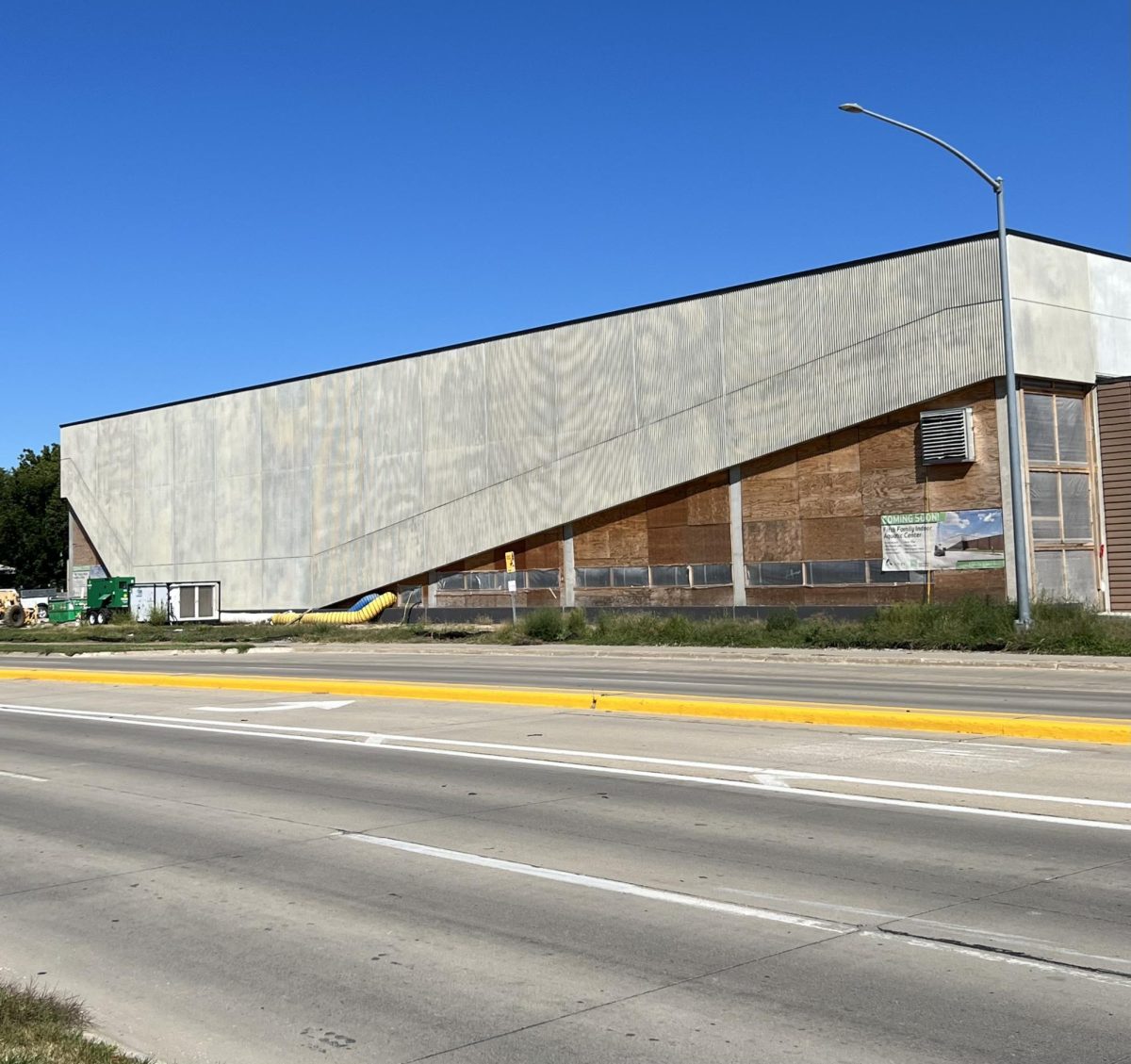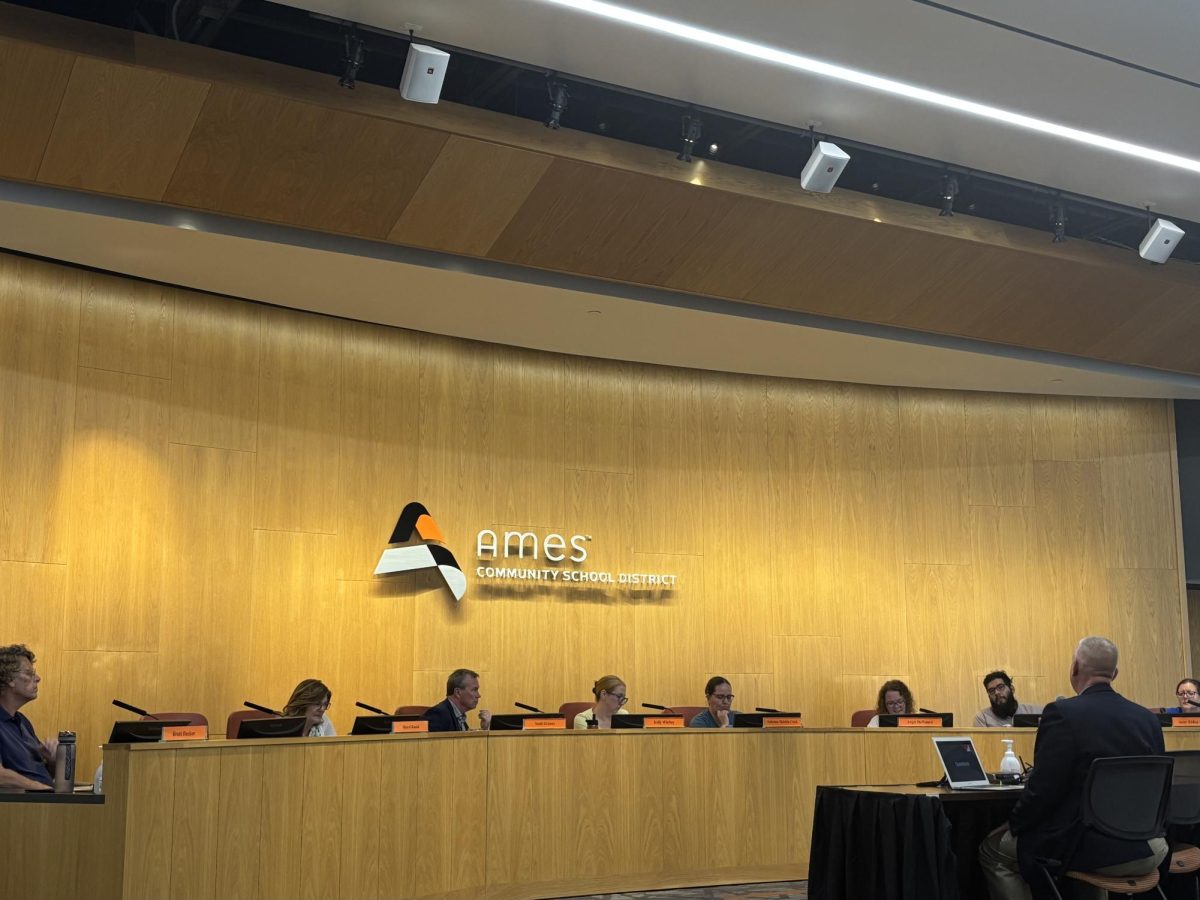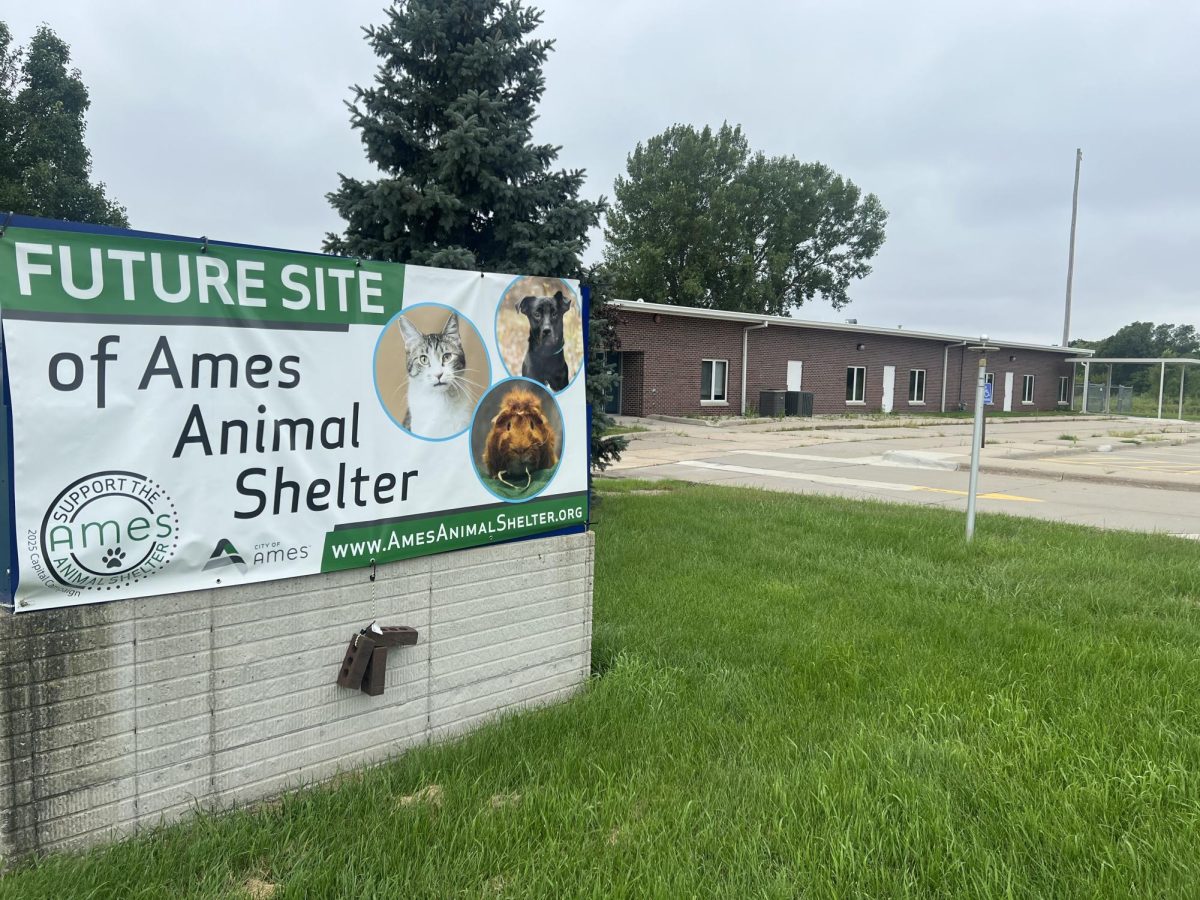The city’s new public nuisance ordinance, which includes rules on outdoor storage, overgrowth and campers, led to an increase in complaints in its first year.
City staff received 996 complaints in 2024 compared to 826 the previous year. While most problems were solved without issuing tickets, some problems still need the Ames City Council’s attention, according to the city staff in a report to the council at Tuesday’s council meeting.
What the new ordinance does: Becoming effective Jan. 1, 2024, the new law combined several old rules into one document. It also added three new rules: grass height limits for all properties (not just rental homes), dangerous tree removal, and fixing structural problems on buildings.
How it’s working: Of the 996 complaints, about 19% were not real violations when staff checked them. Staff only issued 15 tickets because most people fixed problems when asked. Seven of those tickets were for dangerous trees. Some homeowners wanted the city to remove dangerous trees through the citation process because they couldn’t afford to pay for tree removal themselves.
Residents continue to complain about several issues the new ordinance doesn’t cover.
Rats and other pests: People call about neighbors whose properties attract rats and other vermin. When staff first wrote the ordinance, it included rules about pest problems. However, the council removed this language after public comments. People who spoke at council meetings worried about how the city would define vermin and what conditions would be considered violations. Many other cities do have rules about pest problems.
Outdoor storage: The previous zoning rules said people couldn’t store any goods or materials outside for more than 72 hours and banned putting indoor furniture and appliances outside. The new ordinance still bans indoor furniture, appliances and household items from being placed outdoors, but it doesn’t restrict items meant for outdoor use like bicycles, lawn mowers and coolers.
Overgrown plants and weeds: Prior city rules banned noxious weeds and limited grass height to 12 inches only on rental properties. The new ordinance keeps the noxious weed ban and extends the 12-inch grass height limit to all properties. It doesn’t control other types of weeds or grasses that aren’t considered turf grass. Staff still gets complaints about general overgrowth and poor yard maintenance.
Street storage and living: City staff has found different instances of people using the street for storage or living, and staff has struggled to find effective ways to enforce rules. Sometimes people live in vehicles parked on the street and leave personal belongings outside. Staff members post notices that items need to be removed but don’t have a process for removing and storing items if people don’t take them voluntarily. Sometimes items are left on the street and staff members don’t know who owns them.
RVs and campers: The current ordinance allows one travel trailer, RV, boat or boat trailer to be stored on private property in the back yard or completely in the side yard. It also allows any RV to be parked in the driveway for up to 72 hours. Staff has met resistance to this rule mainly during camping season from April through October. Many residents want an exception to allow their RV to be stored on the driveway when not in use during these months.
Legal problems: City staff faces several legal challenges when enforcing the ordinance.
First, staff can only enforce violations they can see from public areas. They cannot enter private property without the owner’s permission to check for violations. An administrative search warrant from the court would be required to enter private property. Staff can view property from a neighboring property if that property owner gives permission.
Second, sometimes staff cannot contact property owners. Attempts to serve citations have failed, even when local law enforcement tries. Citations are mainly issued so staff can request court permission to enter the property and fix violations. This cannot happen when citations cannot be served. In short, an owner could ignore service attempts, leaving little recourse for violations.
Third, the legal process offers little help when citations go unpaid. Legally, a person can be found in contempt of court for not paying fines, but there’s still no penalty unless a judge sentences the person to jail time. This is unlikely to happen, so typically the citation and court costs are left unpaid.
Getting people to comply: Voluntary compliance is staff’s main goal and has proven quite effective since less than 2% of complaints result in citations. Citations are mainly issued when staff cannot achieve compliance through normal efforts.
Of the 15 citations issued, two could not be served and three people agreed to the citation because they lacked funds to comply. They understood the city would request permission to fix the problem, and the costs would be added to their property taxes, which they can pay off over 10 years. In these cases, citations are used as a way to get compliance through a loan system.
In other business on Tuesday, the council:
- Received an update on the city’s climate action plan
- Approved directing staff to negotiate an agreement with Sargent and Lundy LLC of Chicago for engineering services relating to installation of new power generating systems at the city’s municipal power plant at a cost not to exceed $6.9 million
- Voted for staff to explore other sites to locate the city’s municipal power plant away from downtown and report back at the next council meeting
- Approved a second reading of an ordinance to rezone property at 57258 220th St. from agricultural to industrial upon its annexation to the city, and
- Made changes to the city’s renewable energy buyback program by increasing the rebate level for new solar installations, adjusting the energy buyback rate formula for new solar installations, grandfathering existing customers under the program terms they joined under and raising the existing program cap from 2,000 to 4,000 kilowatts.

